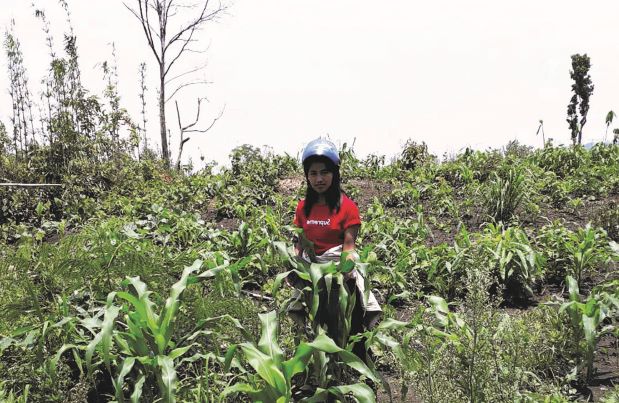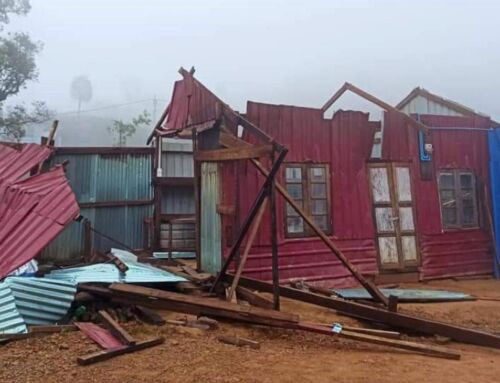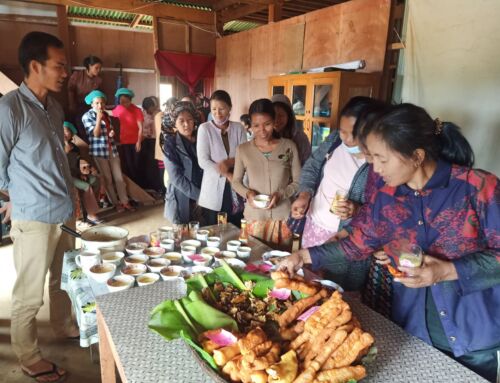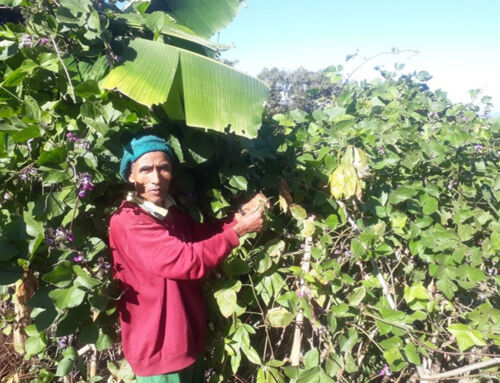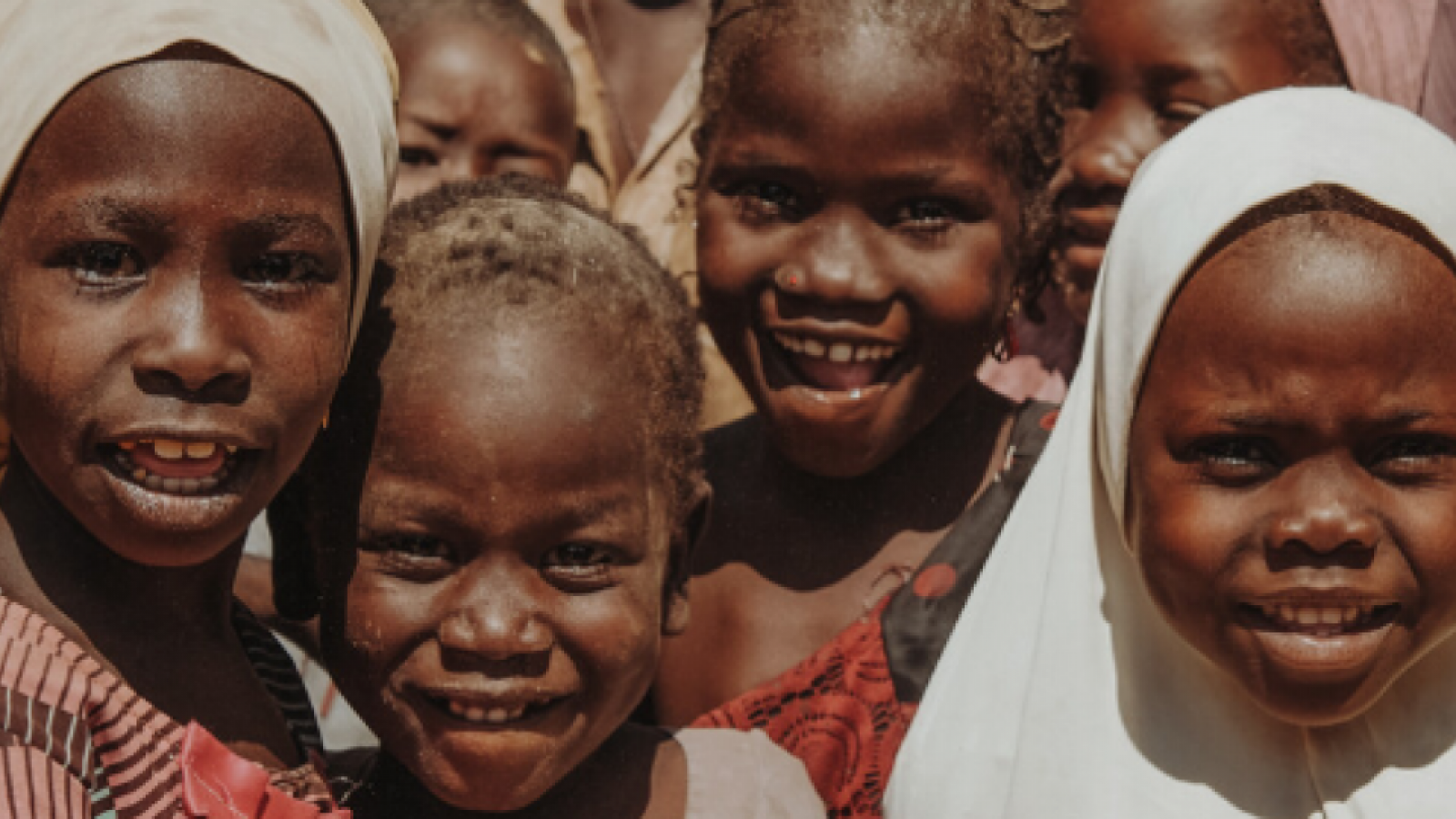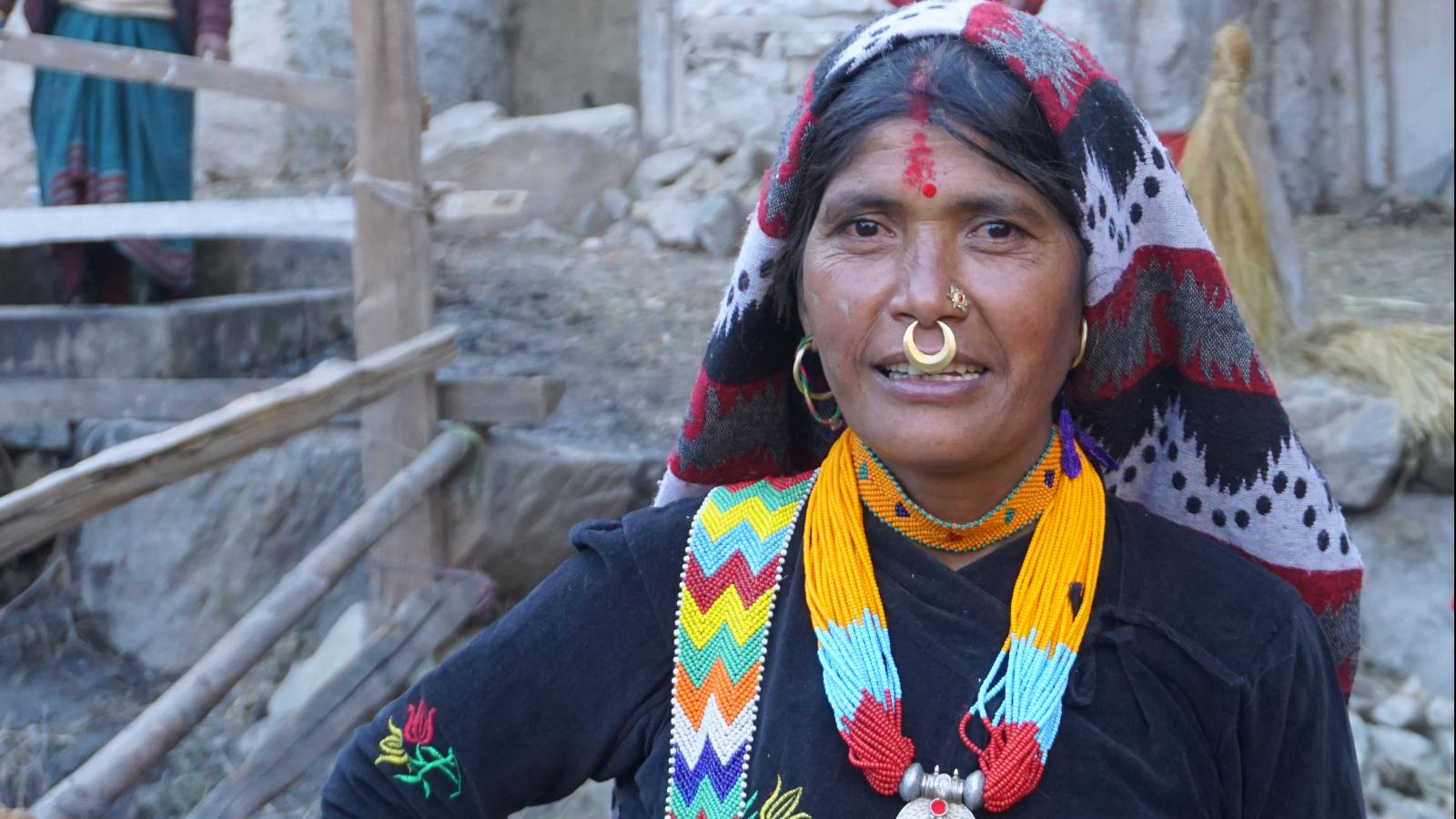Dipar is one of the women in Myanmar who, despite all odds, has overcome a childhood and youth with poverty, distress and marginalization due to her gender, poor educational opportunities, hunger and wars. Today, she is working to improve the situation of her countrymen and women in Chin State through sustainable agriculture.
Dipar grew up in a jungle village with no electricity, cars, roads, telephone communications and without basic health care or proper educational opportunities. Her parents were poor, and worked in a farm on weekdays to feed the mouths of their ten children. They were only home on Saturday, and otherwise not present. So while Dipar was little, she followed her bigger siblings until she got big enough, and had to take care of her smaller siblings.
“As I got older, I was given responsibility for all household tasks such as cleaning, washing, cooking, getting water, etc. I couldn’t play like my brothers when I had to take care of them and the house. So in my childhood, I spent most of my time doing housework and serving as a mother taking care of my younger siblings, ”says Dipar.
Duties Instead of School
Her responsibilities as a housewife affected her learning. When you have to work around the house, take care of cooking, water retrieval and look after your siblings, there is not much time for schoolwork. So she dropped out of school after a few months, both because she couldn’t concentrate due to hunger and duties.
However, she was forced back to school by her brothers, who beat her with a stick if she didn’t go to school.
“At school we had neither textbooks nor pencils. We wrote with slate on paper. And the textbooks I had, I inherited from siblings or family. They often lacked pages, or were torn apart. ”
Teaching in the villages is characterized by a memorizing doctrine which is not related to reality. This is because teachers are often not formally educated, but only have a 10th grade, says Dipar, who thinks she was lucky to pass her 10th grade.
Picked for Training
And luck followed her. Dr. Sasa is one of the few from Chin State who has trained as a doctor in India. He has subsequently established the local NGO Health & Hope in Chin State, with which Mission East collaborates, working on health, education and food safety. He has thereby helped many young people who have passed 10th grade to study further in India. Dipar got that chance:
“I attended a conversation with Dr. Sasa, and was selected to study with him and work for Health & Hope for seven months doing practical activities such as cooking, washing clothes, carrying firewood, etc. Then I was sent to India to study. When I reached India everything changed and my lifestyle was turned upside down. I no longer had to worry about candles so I could study in the evening, or to fetch water from the river for cooking, or my study expenses, my uniform, etc. In India, I studied without worry, taking a bachelor in chemistry. Throughout my studies in India, I received school fees, food and lodging through Dr. Sasa. It took away all my burdens so I could study happily and peacefully. ”
Return with a Bag Full of Knowledge
One of the big problems for the Mara people is that the few young people who go out to study move to the big cities where they can get jobs. The uneducated young people travel abroad to Malaysia or Singapore, where they work as servants.
The villages are therefore left with children, uneducated persons and the elderly. Thus, the communities do not develop. With that awareness, Dipar returned to Chin State with her diploma, and made every effort to use her knowledge of sustainable agriculture, family planning and young people’s education.
Living From One Day to the Next
“In the agricultural projects that I have worked on supporting Mission East, I work with sustainable agriculture, but also with the protection of our environment, water, land, river, wildlife, etc. The way to protect our environment goes through ourselves in everything from collecting our plastics to stopping smoking and alcohol abuse to introducing proper family planning and family management. As we are a people who have traditionally lived from one day to the next and have not traditionally planned our lives long term, I am very pleased to see that our people have begun to learn and understand the need for us to begin to change our patterns on all levels so that we plan both in the short and long term, ”Dipar says, and continues:
“There are already a lot of people who have switched to sustainable farming methods. And there are many measures to protect the environment. Now all water sources in the communities are protected, land reserved for cultivation, and in the villages they have built waste sorting for the plastic in several places. ”
”

